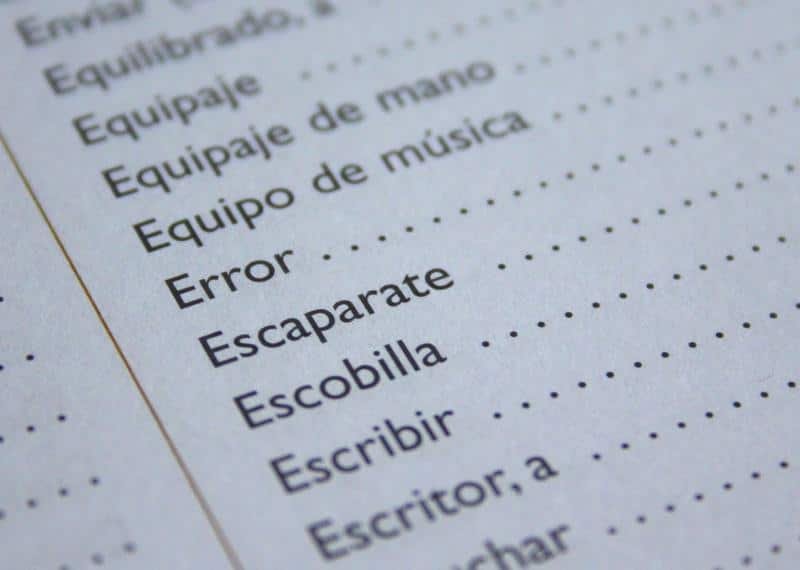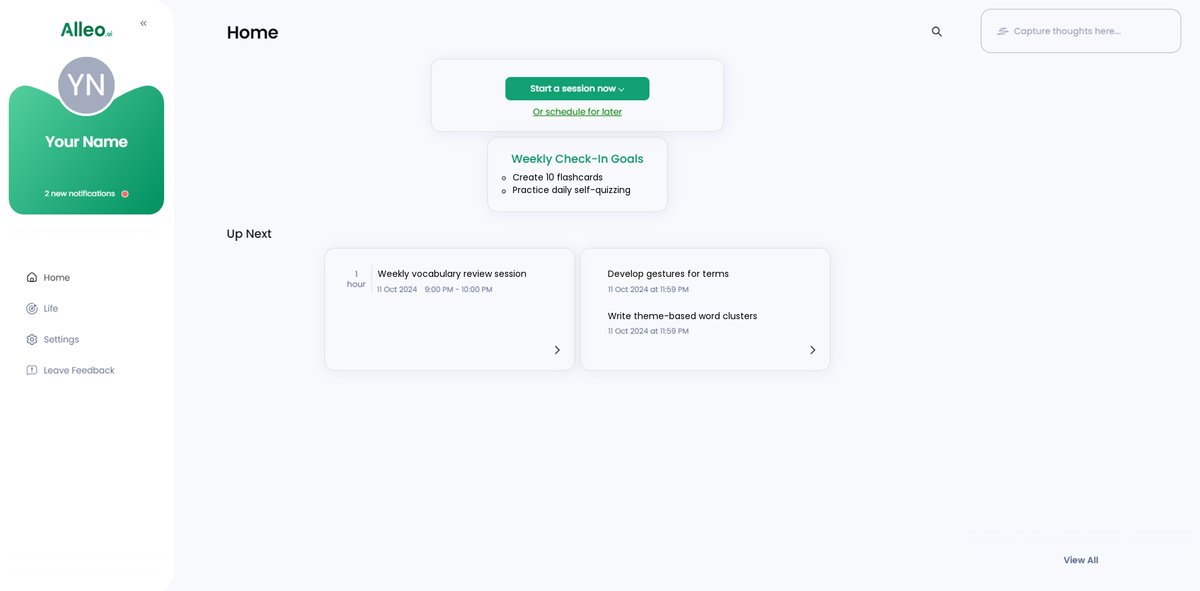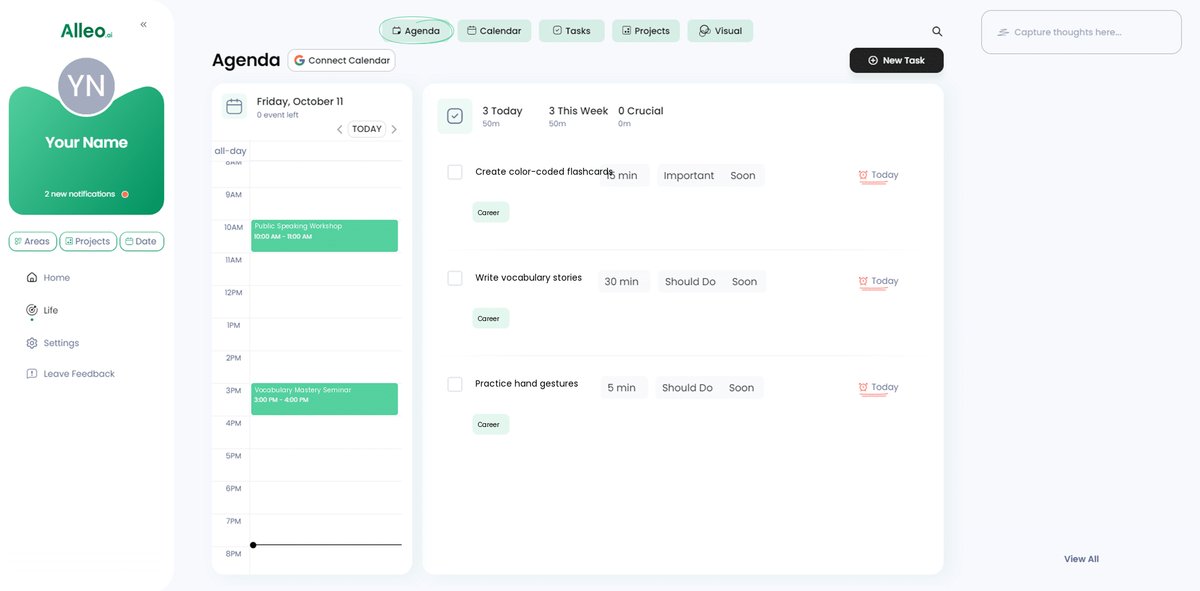5 Powerful Strategies for Effective Vocabulary Retention in Public Speaking
Struggling to remember key terms for your next big speech? Looking to improve public speaking vocabulary retention?
As a life coach, I’ve helped many public speakers overcome memory challenges. I often encounter individuals facing difficulty retaining vocabulary despite their best efforts. Memory techniques for public speaking can make a significant difference.
In this post, you’ll discover proven strategies to boost your memory and recall for public speaking. We’ll cover techniques like color-coded flashcards, active recall strategies for language mastery, and storytelling. These word association methods for retention can enhance your speech preparation and word choice.
Let’s dive in and explore how to improve public speaking vocabulary retention effectively.

Understanding the Struggles with Vocabulary Retention
Many public speakers encounter significant challenges with vocabulary retention. Speech anxiety often exacerbates forgetfulness, making even well-prepared speakers struggle to recall key terms and improve public speaking vocabulary retention.
This problem affects performance and confidence. Poor vocabulary retention can lead to stumbling over words, disrupting the flow of your speech. Effective speech preparation and word choice are crucial for overcoming these challenges.
Several clients report frustration with traditional memory techniques that don’t work well for them. For instance, simple repetition often falls short in retaining complex terms. Exploring mnemonic techniques for vocabulary learning or word association methods for retention could be more effective.
Moreover, the impact is not just about forgetting words. It extends to how confidently you deliver your speech, influencing your overall effectiveness as a speaker. Incorporating active recall strategies for language mastery can significantly improve public speaking vocabulary retention.

Effective Strategies for Vocabulary Retention in Public Speaking
Overcoming vocabulary retention challenges to improve public speaking vocabulary retention requires a few key steps. Here are the main areas to focus on to make progress.
- Use color-coded flashcards for key terms: Different colors for different themes improve memory association and aid in visualization techniques for word memorization.
- Practice active recall through self-quizzing: Regular self-quizzing strengthens memory retention and is an effective active recall strategy for language mastery.
- Create theme-based word clusters for speeches: Grouping related words helps with contextual recall and supports contextual learning for public speaking vocabulary.
- Employ storytelling to contextualize vocabulary: Integrate new terms into engaging narratives, enhancing speech preparation and word choice.
- Utilize hand gestures to reinforce word meanings: Pair terms with gestures for better recall, combining mnemonic techniques for vocabulary learning.
Let’s dive in!
1: Use color-coded flashcards for key terms
Using color-coded flashcards can significantly boost your memory retention for key terms in public speaking, helping you improve public speaking vocabulary retention.
Actionable Steps:
- Allocate specific colors to different themes or categories for your flashcards. For example, use blue for technical terms and red for emotional words, incorporating visualization techniques for word memorization.
- Spend 15 minutes each morning reviewing your flashcards. Keep them handy by using vocabulary building apps for speakers for quick review sessions.
- Set up a weekly self-quiz using your flashcards. Track your progress by noting how many words you recall correctly, employing active recall strategies for language mastery.
Explanation:
These steps matter because they create visual associations that enhance memory recall. Consistent review sessions and self-quizzing strengthen your ability to remember and use vocabulary effectively, supporting speech preparation and word choice.
According to a study on effective study techniques, color coding helps improve memory and retention. These methods help you deliver speeches more confidently and engage your audience better, utilizing mnemonic techniques for vocabulary learning.
Key benefits of color-coded flashcards:
- Enhanced visual memory associations
- Improved organization of vocabulary
- Faster recall during speeches, aiding in vocabulary expansion exercises for orators
Use these strategies to make your vocabulary retention more effective and seamless, incorporating spaced repetition in vocabulary acquisition and contextual learning for public speaking vocabulary.

2: Practice active recall through self-quizzing
Practicing active recall through self-quizzing is crucial for enhancing memory retention for public speakers and can significantly improve public speaking vocabulary retention.
Actionable Steps:
- Schedule regular self-quizzing sessions.
- Plan three 20-minute self-quizzing sessions per week, using a mix of written and spoken quizzes to improve public speaking vocabulary retention.
- Use spaced repetition techniques.
- Review difficult words more frequently and easier words less often, keeping a log of words and their review intervals, employing spaced repetition in vocabulary acquisition.
- Incorporate retrieval practice into your daily routine.
- At the end of each day, write down five new terms you learned and test yourself at the end of the week, utilizing active recall strategies for language mastery.
Explanation:
These steps matter because consistent self-quizzing reinforces memory techniques for public speaking and helps you recall terms under pressure.
According to a study on effective study techniques, spaced repetition and retrieval practice are proven methods to enhance long-term memory and improve public speaking vocabulary retention.
Using these techniques, you’ll find your confidence and speech preparation and word choice improving significantly.
These strategies will help you retain vocabulary more effectively and ensure your speeches are smooth and impactful, enhancing your overall ability to improve public speaking vocabulary retention.

3: Create theme-based word clusters for speeches
Creating theme-based word clusters for speeches helps you improve public speaking vocabulary retention and use terms effectively.
Actionable Steps:
- Identify key themes for your speeches.
- Focus on three main themes initially and list major related vocabulary, utilizing word association methods for retention.
- Group related words and phrases together.
- Form at least five clusters per theme for better contextual recall, enhancing speech preparation and word choice.
- Practice using clusters in context.
- Write and rehearse mini-speeches or paragraphs using word clusters daily, implementing active recall strategies for language mastery.
Explanation:
These steps matter because grouping related words improves contextual recall, making it easier to retrieve terms during speeches and improve public speaking vocabulary retention.
According to research on adaptive training systems, organizing information into themes enhances memory retention. This approach ensures your speeches are cohesive and engaging, utilizing mnemonic techniques for vocabulary learning.
Benefits of theme-based word clusters:
- Improved contextual understanding
- Easier retrieval of related terms
- More coherent speech structure
Using these strategies, including spaced repetition in vocabulary acquisition, will help you deliver more confident and impactful speeches, making your vocabulary retention more effective for public speaking.

4: Employ storytelling to contextualize vocabulary
Employing storytelling to contextualize vocabulary is a powerful way to improve public speaking vocabulary retention and use new terms effectively in your speeches.
Actionable Steps:
- Write a short story using five new terms.
- Create a personal or fictional anecdote that integrates these terms, enhancing memory techniques for public speaking.
- Share and rehearse these stories weekly with a peer, reinforcing active recall strategies for language mastery.
- Craft narratives around key points in your speeches.
- Focus on one narrative technique per story, like beginning-middle-end structure, to aid in speech preparation and word choice.
- Use new vocabulary within these narratives to reinforce their meanings and practice contextual learning for public speaking vocabulary.
- Record yourself telling a story with the new vocabulary.
- Listen to the recordings to identify areas for improvement and enhance vocabulary expansion exercises for orators.
Explanation:
These steps matter because storytelling engages the brain, making it easier to remember and use new vocabulary, effectively improving public speaking vocabulary retention.
According to a study on adaptive training systems, contextualizing information enhances memory retention. This approach ensures your speeches are both memorable and impactful, utilizing mnemonic techniques for vocabulary learning.
Using these storytelling techniques will help you retain vocabulary more effectively and deliver more engaging speeches, incorporating word association methods for retention and visualization techniques for word memorization.

5: Utilize hand gestures to reinforce word meanings
Using hand gestures can significantly boost your ability to remember and convey key terms during your speeches, helping to improve public speaking vocabulary retention.
Actionable Steps:
- Develop a unique gesture for each new term.
- Start with gestures for the top 10 most challenging words, incorporating visualization techniques for word memorization.
- Rehearse your speeches in front of a mirror, focusing on gestures.
- Aim to practice for 30 minutes each day, employing active recall strategies for language mastery.
- Perform in front of friends or mentors and ask for feedback on clarity and effectiveness.
- Adjust gestures based on feedback to improve communication and speech preparation and word choice.
Explanation:
These steps matter because hand gestures help encode information in your memory, making it easier to recall terms during speeches and improve public speaking vocabulary retention.
According to Vinh Giang, hand gestures bring your words to life, making your delivery more engaging. This approach ensures your speeches are memorable and impactful, enhancing your vocabulary expansion exercises for orators.
Key advantages of using hand gestures:
- Enhanced memory encoding, similar to mnemonic techniques for vocabulary learning
- Improved audience engagement
- Clearer communication of ideas, aiding in contextual learning for public speaking vocabulary
By incorporating these techniques, you’ll find your vocabulary retention and overall speech delivery improving significantly, complementing other memory techniques for public speaking.

Partner with Alleo for Effective Vocabulary Retention
We’ve explored the challenges of improving vocabulary retention for public speaking. Did you know you can work directly with Alleo to make this journey easier and faster? Our platform offers various tools, including mnemonic techniques for vocabulary learning and vocabulary expansion exercises for orators.
Set up an account and create a personalized plan with the Alleo AI coach to improve public speaking vocabulary retention. Alleo provides tailored coaching support, just like a human coach, offering speech preparation and word choice guidance.
It follows up on your progress, handles changes, and keeps you accountable via text and push notifications. Our system incorporates active recall strategies for language mastery and spaced repetition in vocabulary acquisition.
Ready to get started for free? Let me show you how to enhance your public speaking vocabulary retention with Alleo!
Step 1: Log In or Create Your Account
To begin your journey towards better vocabulary retention for public speaking, log in to your existing Alleo account or create a new one to access personalized coaching and support.

Step 2: Choose “Building better habits and routines”
Click on “Building better habits and routines” to focus on developing consistent vocabulary practice routines, which will strengthen your memory retention and boost your confidence as a public speaker.

Step 3: Select “Career” as Your Focus Area
Choose “Career” as your focus area to improve your public speaking skills and vocabulary retention, directly enhancing your professional growth and effectiveness in presentations and speeches.

Step 4: Starting a Coaching Session
Begin your journey with Alleo by scheduling an intake session, where you’ll discuss your public speaking goals and create a personalized plan to improve your vocabulary retention and speaking confidence.

Step 5: Viewing and Managing Goals After the Session
After your coaching session, check the app’s home page to review and manage the vocabulary retention goals you discussed, allowing you to track your progress and stay accountable in your public speaking journey.

Step 6: Adding events to your calendar or app
Track your vocabulary retention progress by adding practice sessions, self-quizzes, and storytelling exercises to your calendar or the Alleo app, allowing you to monitor your improvement over time and stay accountable to your public speaking goals.

Wrapping Up Your Vocabulary Mastery Journey
You’ve now learned several effective strategies to improve public speaking vocabulary retention as a presenter.
Remember, you’re not alone. Many speakers face the same struggles with word choice and memory techniques for public speaking.
By using color-coded flashcards, practicing active recall strategies for language mastery, creating theme-based word clusters, employing storytelling, and utilizing hand gestures, you’ll significantly boost your memory retention and vocabulary expansion as an orator.
These methods will make your speeches more engaging and memorable, enhancing your speech preparation and word choice.
If you’re ready to take control, start implementing these vocabulary building techniques for speakers today.
And don’t forget, Alleo is here to help you improve public speaking vocabulary retention every step of the way.
Sign up for free and let Alleo guide you to become a more confident and effective public speaker with enhanced vocabulary acquisition skills.